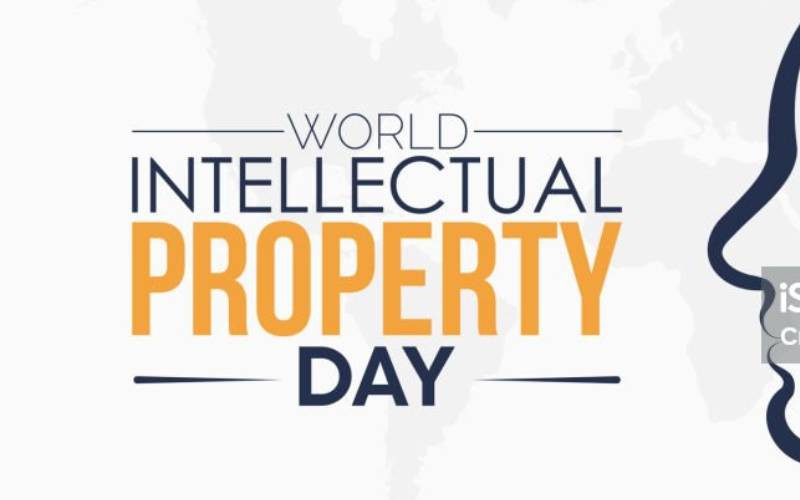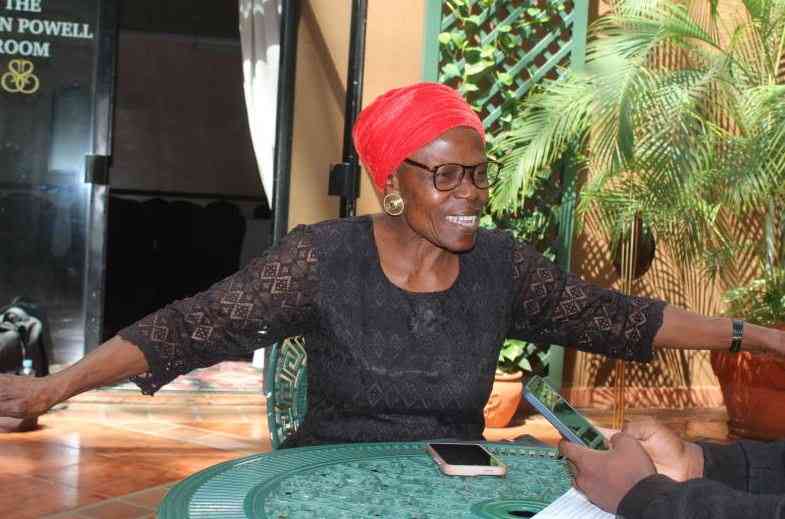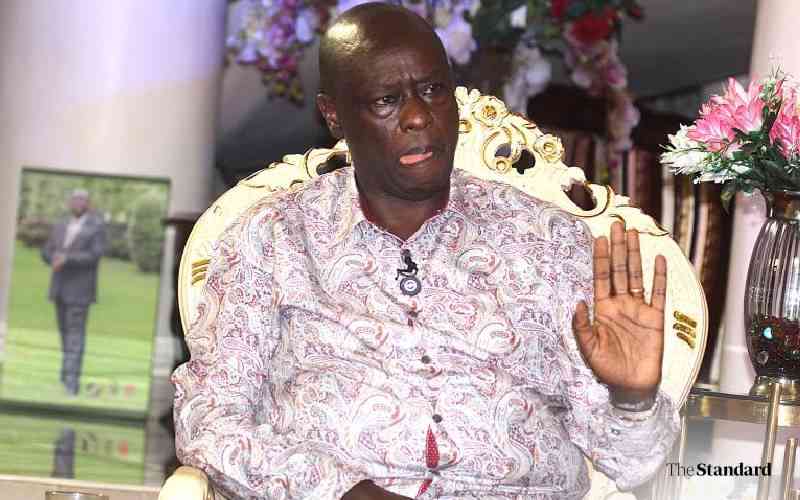By Collins Kowuor
Tenancy agreement is generally a contract between a landlord and a tenant. It indicates the rights and responsibilities of the parties and can be either oral or written. I prefer written agreements because witnesses to an oral agreement may ‘expire’ before expiry of the agreement. One party may go bonkers or suffer from selective amnesia. God forbid!
I was drawn to two reports recently in the media. In the first case, it was alleged that a political party had leased an office during elections. Strangely, the landlord was claiming that the party had not paid rent for several months. What was he feeding on? Hope! I asked myself. Never the less, the landlord was now getting apprehensive that with the elections over, the tenant could bolt any time like a horse from a stable without paying. Interestingly, the political party added a spin by claiming that they had fully paid rent including for next month. Gosh. What a circus!
In the second case, boss of a prestigious parastatal, who is a landlord, had refused to refund security deposit to his former tenant. The tenant claimed he had done all that was agreed with the landlord, including painting the house.
“He is now not only not picking my calls, but is also not allowing me into his office,” the tenant said.
It was reported that the tenant was cursing and threatening to “name and shame” the chief executive officer into refunding his deposit. My good Lord! What a desperate measure! You may be sued to your last coin for slander or libel.
Can these misunderstandings be avoided? Yes, of course. That is why I prefer written agreements. It is good for both parties – the landlord and the tenant. Nevelson confirmed this when he said: “What we call reality is an agreement that people have arrived at to make life more livable”. But more importantly, the tenancy agreement should be watertight. It should consider all aspects of tenancy that can foreseeably go wrong even though Murphy said anything that can go wrong would go wrong.
Start addressing tenancy questions from the moment you get interested in leasing a property. Discuss the monthly rent, length of tenancy, security deposit. The list is endless. Don’t forget to agree on how to resolve disputes arising from the tenancy. Be alert on wording of the covenants during drafting and signing of the agreement, particularly if prepared by the other party.
Make sure that any weighty verbal agreements are captured in the written agreement. The obligations of both parties should be explicit unless implied by law. Some of the questions, which should be answered about repairs and maintenance include, but is not limited to the following. Who is responsible for structural repairs? Who is responsible for running repairs and maintenance?
How should the parties responsible for these repairs be alerted and informed if such repairs are needed? What period is espoused to construe a notice as having been received by the receiving party?
What time period is provided for each party to remedy any defect, which is their responsibility? At what stage can one party repair what is another party’s responsibility? How can one recover the costs?
What questions should be answered about rent? Some of them are these. What is the term of the lease? What is the monthly rent? In what currency is the rent payable? Is there escalation rate if the tenancy period is long? In what mode should the rent be paid? To whom should the rent be paid? By which date should the rent be paid? What happens if Government levies taxes on rent? What is the delinquency charge for late rent payment? What is the percentage of the delinquency rate? What other remedies are available for rent delays? There are endless aspects of rent issues in a tenancy to publish a voluminous e-book. Don’t stress yourself on tenancy issues. Concentrate on your core business. Consult a registered and practicing estate agent or a property lawyer just as you visit a doctor when sick. Cheap is Expensive!
The writer is the Chairman of the Institution of Surveyors of Kenya.
Stay informed. Subscribe to our newsletter
 The Standard Group Plc is a
multi-media organization with investments in media platforms spanning newspaper
print operations, television, radio broadcasting, digital and online services. The
Standard Group is recognized as a leading multi-media house in Kenya with a key
influence in matters of national and international interest.
The Standard Group Plc is a
multi-media organization with investments in media platforms spanning newspaper
print operations, television, radio broadcasting, digital and online services. The
Standard Group is recognized as a leading multi-media house in Kenya with a key
influence in matters of national and international interest.
 The Standard Group Plc is a
multi-media organization with investments in media platforms spanning newspaper
print operations, television, radio broadcasting, digital and online services. The
Standard Group is recognized as a leading multi-media house in Kenya with a key
influence in matters of national and international interest.
The Standard Group Plc is a
multi-media organization with investments in media platforms spanning newspaper
print operations, television, radio broadcasting, digital and online services. The
Standard Group is recognized as a leading multi-media house in Kenya with a key
influence in matters of national and international interest.





